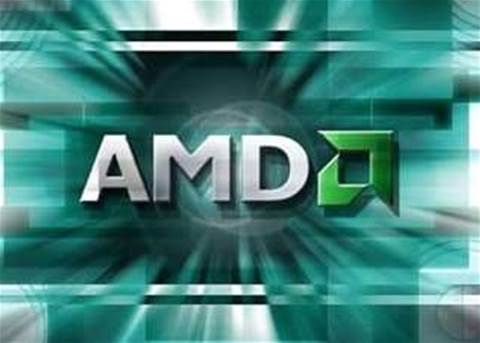The chip giant said that the move will expand APL functionality beyond its existing core media capabilities, and make high performance application development easier for developers.
AMD claimed that contributions by partners, customers and the broader open source community will accelerate library optimisations and feature enhancements, while AMD engineers will continue to be dedicated contributors to the Framewave project.
Framewave is the result of nearly three years of effort by over a dozen developers, and comprises more than 3,200 high-performance software routines that enable developers to create multi-threaded applications for x86-class processor platforms.
AMD said that Framewave allows developers to write applications that better utilise the computing prowess of today's advanced hardware.
Framewave is also an application programming interface compatible with Intel Integrated Performance Primitives, simplifying the software development experience through the use of a common interface.
"We believe that Framewave will quickly become a significant resource for developers, helping them to build faster, highly optimised and multi-threaded applications more efficiently," said Earl Stahl, vice president of software development at AMD.
AMD open sources performance library
By
Clement James
on Feb 21, 2008 7:20AM

Got a news tip for our journalists? Share it with us anonymously here.
Partner Content

How Expert Support Can Help Partners and SMBs Realize the Full Value of AI
_(27).jpg&h=142&w=230&c=1&s=1)
Promoted Content
Why Renew IT Is Different: Where Science, AI and Sustainability Redefine IT Asset Disposition
_(21).jpg&h=142&w=230&c=1&s=1)
Empowering Sustainability: Schneider Electric's Dedication to Powering Customer Success

Beyond the box: How Crayon Is Redefining Distribution for the Next Era
.jpg&h=142&w=230&c=1&s=1)
New Microsoft CSP rules? Here’s how MSPs can stay ahead with Ingram Micro






.jpg&w=100&c=1&s=0)
_(8).jpg&w=100&c=1&s=0)











